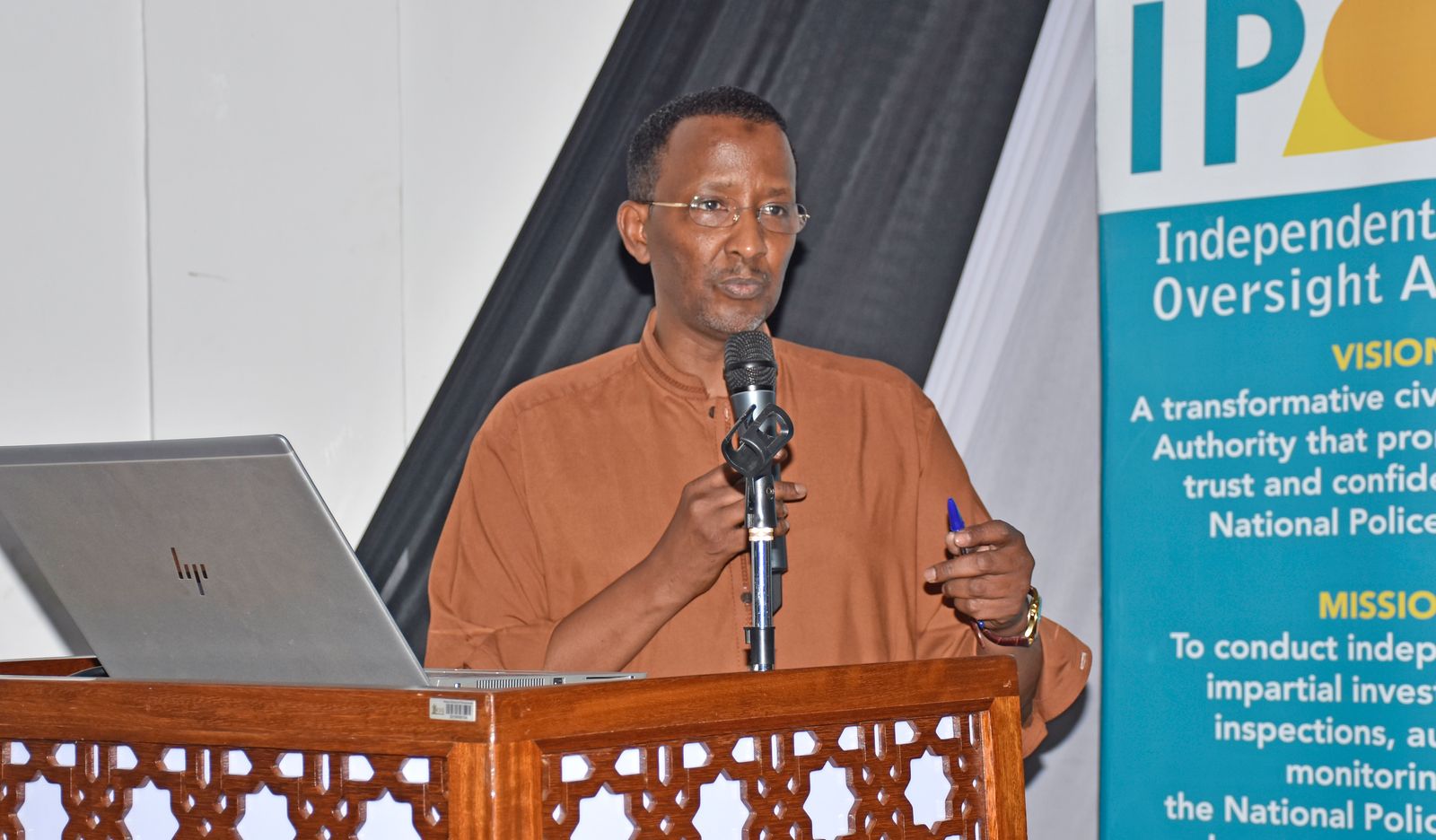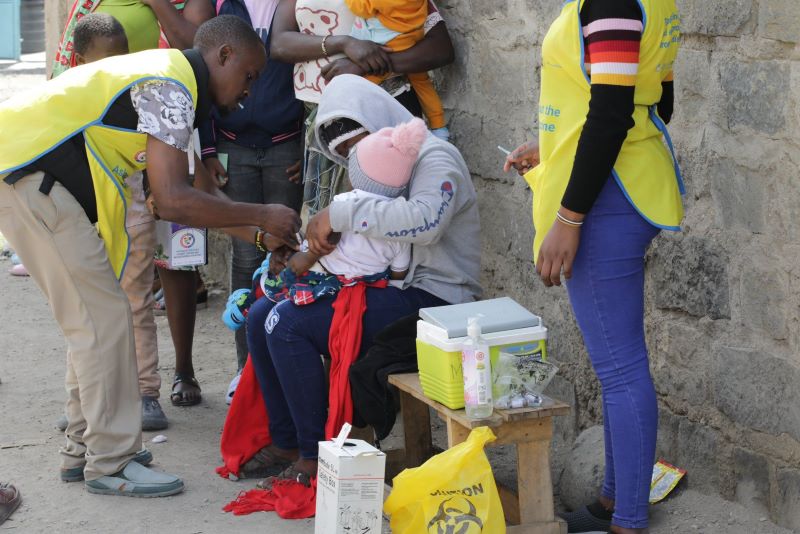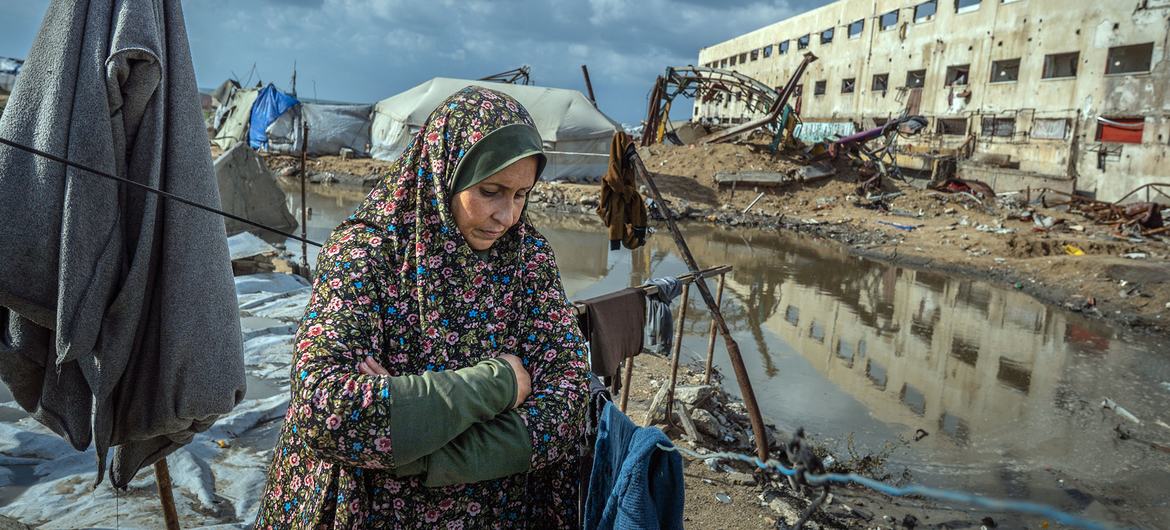IPOA seeks broader mandate to monitor armed state agencies

Issack said when incidents involving abuse of power, enforced disappearances, or deaths occur involving these agencies, there is currently no independent body mandated to investigate them.
The Independent Policing Oversight Authority (IPOA) is calling for its mandate to be broadened to include oversight of other armed state agencies such as the Kenya Wildlife Service (KWS), Kenya Forestry Service (KFS), and the Kenya Prisons Service.
Speaking during an interview on Spice FM on Monday, IPOA Chairman Issack Hassan emphasised the need for civilian oversight not only over the National Police Service but also over other armed state agencies involved in similar activities, especially during public protests and security operations.
More To Read
- Man held in Kilimani over Sh2.5 million police recruitment scheme
- IPOA decries low turnout in police recruitment, recommends two-day exercise
- IPOA launches nationwide monitoring of police recruitment to ensure fairness, transparency
- Court recommends murder charges against three officers over 2022 Masimba killings
- Audit reveals 200,000 police officer shortfall amid rising security demands
- Funding delays, operational weaknesses threaten police operations, says EACC
He pointed out that when incidents involving abuse of power, enforced disappearances, or deaths occur involving these agencies, there is currently no independent body mandated to investigate them.
"We are recommending the extension of IPOA’s powers to cover not only the police but also other armed state agencies like the Kenya Wildlife Service and the Kenya Forestry Service. These agencies are armed and involved in operations where use of force occurs, yet there’s no independent mechanism to hold them accountable when incidents like deaths or disappearances happen in game parks or forests,” stated IPOA chairman
Issack also addressed the ongoing discourse surrounding IPOA’s role in criminal investigations involving police officers.
He acknowledged the political sensitivities involved but maintained that civilian oversight is a cornerstone of democratic policing.
Additionally, the IPOA Chairman emphasised the need to revise and improve the police training curriculum in Kenya to promote greater accountability within the service.
According to him, the current police training curriculum lacks specific modules on human rights, an essential component of modern policing.
He suggested that the police service should follow the example of other professions, such as law, by introducing regular refresher courses to help officers continuously improve their conduct and performance.
"I had a conversation with some officers last week, and some of them told me that since they left Kiganjo, they have never gone back to any training session; they just left, and they have been working for even 20 years, and there has not even been a refresher course," Issack said.
"We need to change the training approach so that officers understand that they are not just a police force; they are a police service."
In addition to pushing for curriculum reforms, IPOA has also made progress in holding officers accountable for misconduct.
He revealed that out of 267 cases handled by the authority, 106 have been concluded in court, resulting in the conviction of 37 police officers who are currently serving prison terms.
Top Stories Today












































